Services
Knowledge Development BOX (KDB)
The KDB is an Organisation for Economic Cooperation and Development (OECD) compliant intellectual property regime which provides Corporation Tax relief on income from qualifying assets.
What is Knowledge Development Box?
The Finance Act 2015 introduced the Knowledge Development Box (KDB) as part of Ireland’s strategy to foster innovation. The KDB provides a compelling incentive for businesses, allowing profits derived from patented inventions, copyrighted software, and other specified asset classes to be taxed at an effectively reduced rate of 10%. Up to 30 September 2023 the deduction was 50%, equating to an effective tax rate of 6.25%.
This initiative is designed to encourage companies to innovate and develop intellectual property within Ireland, offering significant tax benefits on qualifying profits.
The Knowledge Development Box (KDB) in Ireland presents a valuable opportunity for companies engaged in substantial R&D activities to benefit from a reduced tax rate on income generated from qualifying intellectual property (IP) assets.


Key Highlights of the KDB:
- Qualifying Income: Companies can apply the KDB’s reduced tax rate to various forms of income linked to qualifying IP assets. This includes royalty income, license fees, and specific portions of sales income attributable to these assets.
- Qualifying Assets: The KDB covers a range of qualifying IP assets such as patented inventions, copyrighted software, plant breeders’ rights, and protection certificates for medicinal and plant products. Additionally, SMEs benefit from an expanded IP definition, which includes inventions certified as novel, non-obvious, and useful.
- Relief Calculation: The relief under the KDB is directly tied to the proportion of R&D expenditure incurred in Ireland relative to global R&D expenditure. This allows companies to benefit from a tax deduction of 20% on qualifying profits, resulting in an effective tax rate of 10%.
Who can claim?
To qualify for the Knowledge Development Box (KDB), a company must meet the following criteria:
- Accounting Period: The company’s accounting period must begin on or after 1 January 2016.
- Qualifying Asset Income: The company must earn income from a usable qualifying asset.
- R&D Activities: The company must have created the usable qualifying asset through qualifying Research and Development (R&D) activities.


What Constitutes a Qualifying Asset?
A qualifying asset is one that is developed through eligible R&D activities, including:
- Computer Programmes: Software developed through R&D that qualifies under the KDB.
- Inventions: Innovations that are protected by a qualifying patent.
- Patentable IP for Small Companies: Intellectual property that, while not patented, is certified as patentable by the Controller of Patents, applicable to small companies.
Why the KDB is Attractive:
For companies, especially large groups, that conduct significant R&D activities within Ireland, the KDB offers an advantageous fiscal environment. By effectively isolating individual qualifying assets developed in Ireland, companies can maximize the benefits of this relief, aligning with their broader strategic objectives in innovation and growth.
At PGR Advisory, our team of Chartered Accountants and qualified R&D specialists is well-equipped to guide you through the complexities of the KDB, ensuring your company fully capitalizes on this incentive while maintaining compliance with all relevant regulations.

